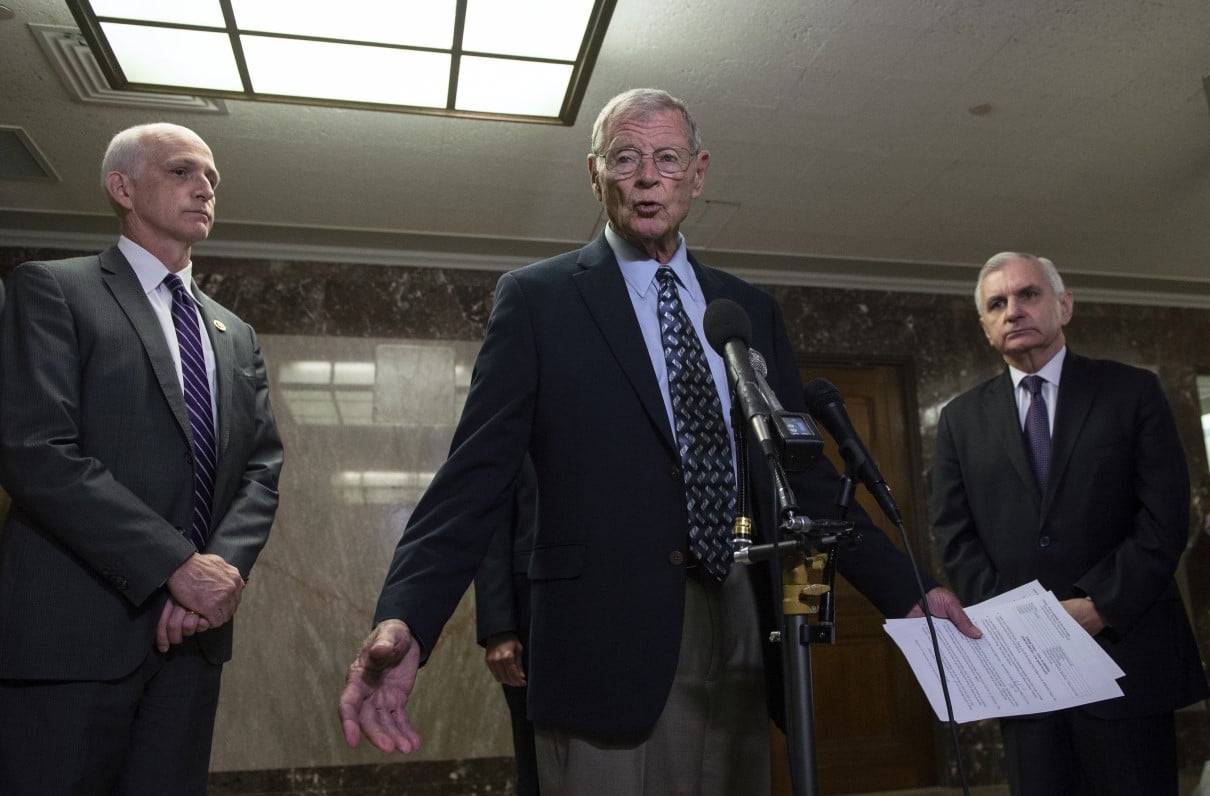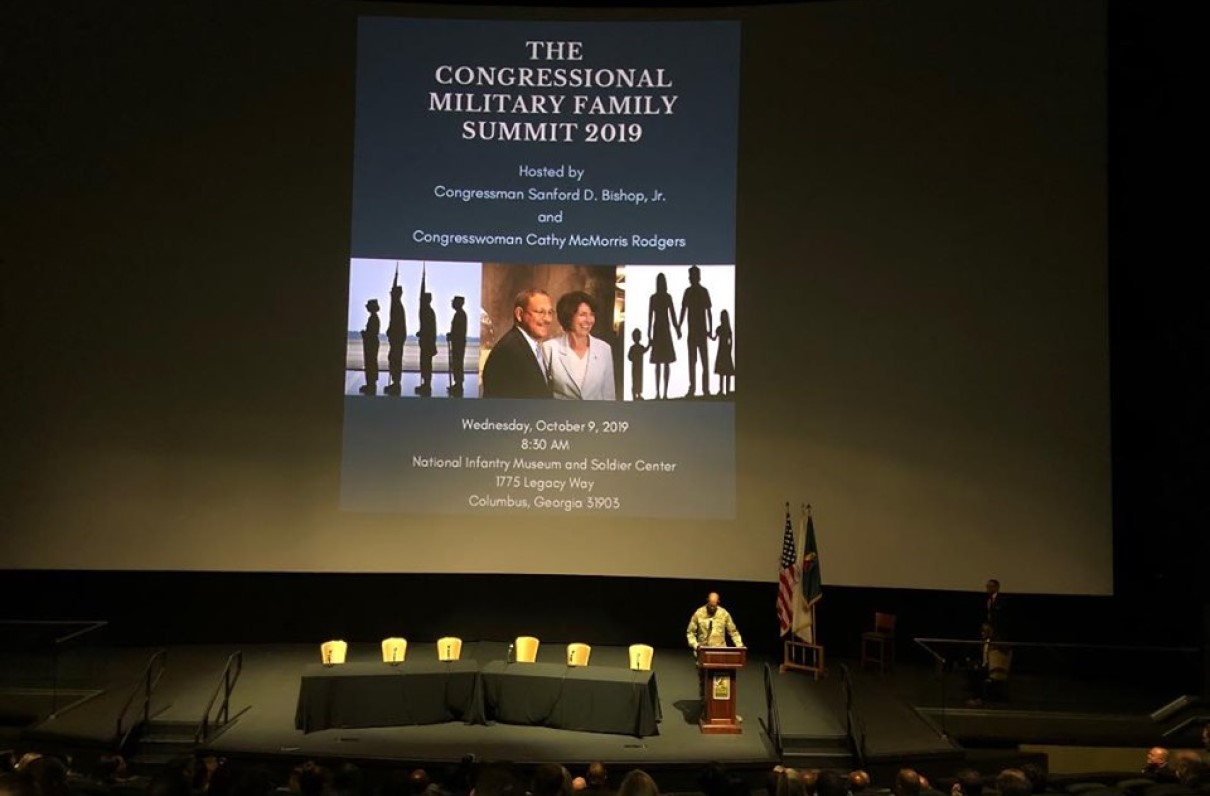Amid growing concerns lawmakers will be unable to come to an agreement on the annual defense authorization bill, Sen. Jim Inhofe (R-Okla.) introduced a “skinny NDAA” Oct. 29 to ensure essential defense programs continue uninterrupted.
While the new, $738 billion bill authorizes next year’s 3.1% military pay raise, extends bonus and incentive pays, provides for quality-of-life programs for military families, and includes funding for military construction and acquisition programs, it leaves out several MOAA-supported issues that are addressed in either the House or Senate NDAA versions, or in both. This includes language that would:
- Prevent the elimination of 18,000 medical billets.
- End the “widows tax.”
- Require comprehensive military housing reform.
- Stop changes and consolidations planned for the commissary and exchange system.
- Fund necessary improvements to military spouse employment and education resources.
[TAKE ACTION: Ask Your Lawmaker to Back MOAA’s NDAA Priorities]
The cuts cover over 1,900 pages of legislative text. Inhofe said he introduced a skinny NDAA “to preserve all options” to continue Congress’s 58-year streak of passing an annual defense bill.
"A skinny bill is not a substitute for a full bill, but it might be a necessary next step if we don't reach an agreement soon," said Inhofe.
However, some lawmakers are throwing cold water on the notion of a skinny NDAA and see the move as a negotiating tactic. House lawmakers remain concerned that a skinny NDAA can’t pass in the chamber.
The defense bill remains in a conference committee of House and Senate lawmakers, who remain at odds over a number of issues. While the new fiscal year technically began Oct. 1, the government is operating under a temporary funding measure, known as a continuing resolution, until Nov. 21.
During that time, DoD cannot begin dozens of new projects while the department operates under last year’s authorization and funding levels.
A skinny NDAA would abandon much of the hard work lawmakers and congressional staff spent this year crafting a full defense bill. While the brinksmanship continues, time is running out for conferees.
Hopefully, the prospect of a bill in which both sides lose forces Congress to pass a bill that includes MOAA’s priorities. Click here to ask your lawmakers to ensure a full defense bill, including those key passages, reaches the president’s desk.



